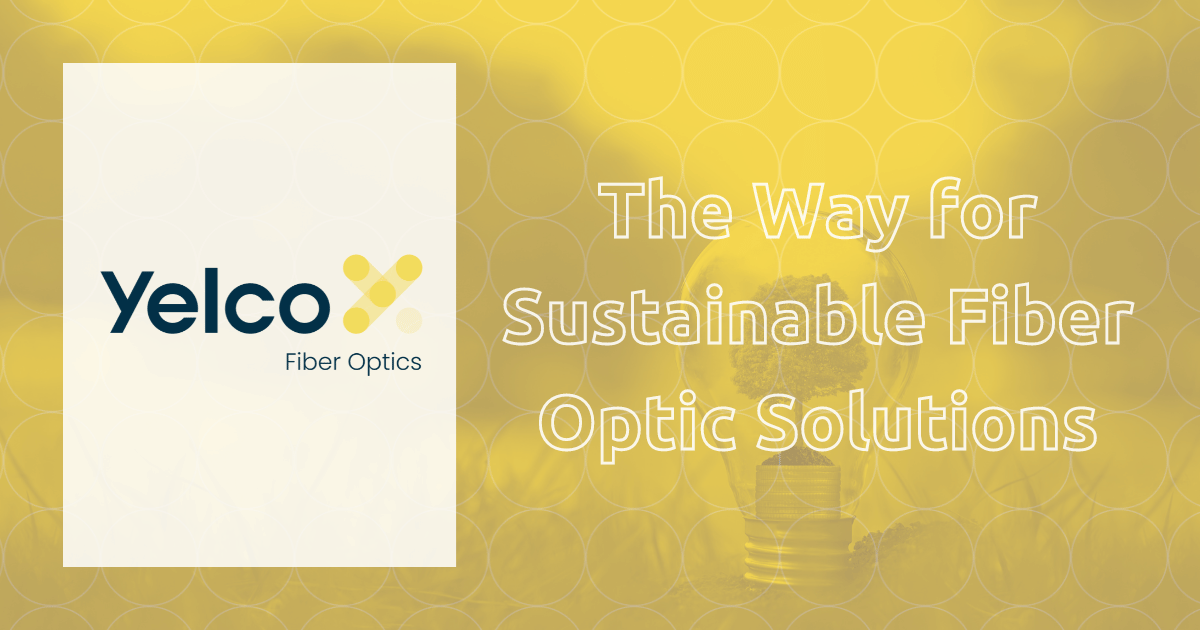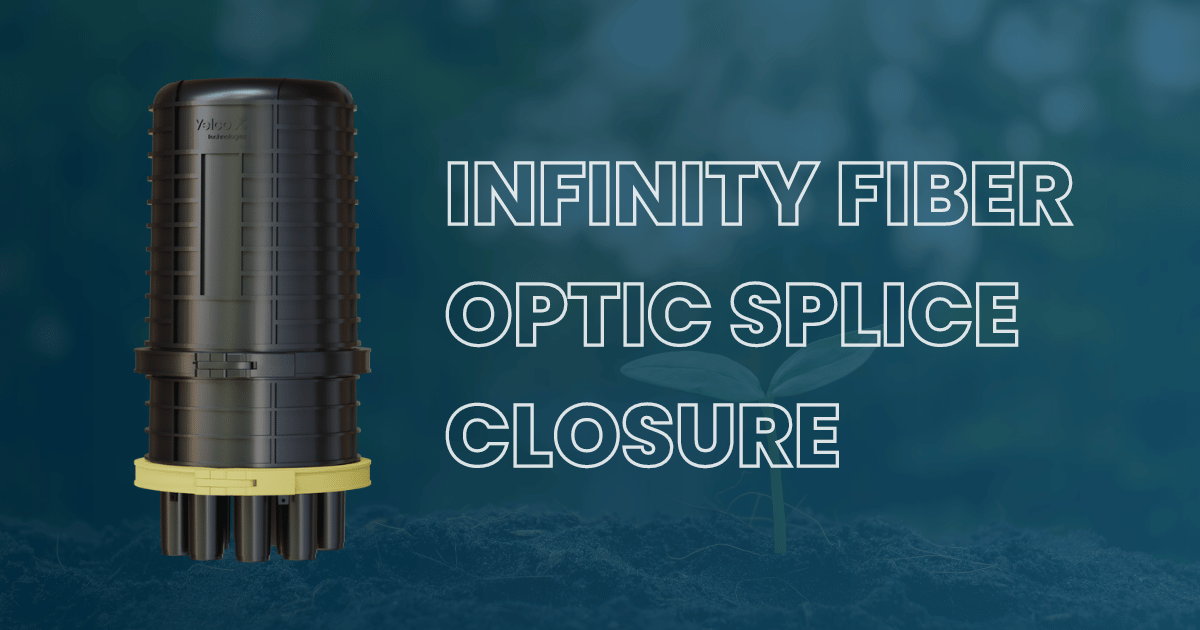More Brilliant Production, Less Waste: Strategies That Work

1. Lean Manufacturing: Efficiency at Every Step
The key to reducing waste starts with getting rid of inefficiencies. That’s where Lean Manufacturing comes in.
- Value stream mapping helps companies see the big picture—where materials are wasted, where production slows down, and where adjustments can make things run smoother.
- Kaizen, or continuous improvement, is all about making small, imaginative changes that add up to significant efficiency gains over time.
At Yelco, we’ve optimized our fiber optic production, cutting down on material waste while improving workflow efficiency. Less waste, faster processes, and better quality—it’s a win-win for both the company and the environment.
2. Eco-Design: Smarter Products from the Start
Waste prevention isn’t just about what happens on the factory floor—it starts in the design phase.
-
Design for disassembly makes it easier to replace parts, repair products, and recycle materials instead of sending them to landfills.
-
Efficient material use means fewer excess raw materials wasted during production.
-
Longer-lasting products reduce the need for constant replacements, which means fewer resources are used in the long run.
By prioritizing smart design choices, Yelco helps extend product lifecycles while keeping environmental impact low.
3. Smarter Inventory Management: Producing What’s Needed, When It’s Needed
Overproduction is one of the most significant sources of waste in manufacturing. Making too much product—or making it too soon—leads to excess inventory, which often goes unused. That’s where advanced demand forecasting comes in. With better data analytics and inventory planning, companies can:
-
Produce only what’s needed, reducing excess stock.
-
Improve supply chain efficiency, lowering storage and disposal costs.
At Yelco, our flexible production models adjust to market demand, making sure we’re manufacturing efficiently without unnecessary waste.
4. Automation: Precision, Speed, and Less Waste
Automation isn’t just about making production faster—it’s about making it more precise.
With AI-driven systems and robotics, telecom manufacturers can:
-
Reduce human errors, leading to fewer defective products.
-
Use materials more efficiently, ensuring nothing goes to waste.
-
Speed up production times, increasing overall output without increasing waste.
The result? Better quality, lower costs, and a more sustainable approach to manufacturing.
5. Partnering with the Right Suppliers
Sustainability isn’t just about what happens inside the company—it’s also about who we work with.
By collaborating with responsible suppliers, companies can:
-
Source recycled materials instead of relying on virgin resources.
-
Use sustainable packaging to cut down on unnecessary waste.
-
Optimize shipping and logistics to reduce carbon emissions.
Yelco works with supply chain partners who share our values, ensuring that sustainability is built into every step of our process.
Why Minimizing Waste Makes Business Sense
Waste reduction isn’t just good for the planet—it’s a strategic advantage. Here’s why:
- Lower Costs: Less waste means fewer materials wasted, lower disposal costs, and more intelligent use of resources.
- Regulatory Compliance: Environmental regulations are getting stricter—companies that stay ahead of the curve avoid fines and maintain a competitive edge.
- Stronger Brand Reputation: Customers and business partners value sustainability—showing commitment to waste reduction builds trust and loyalty.
- Resource Conservation: Telecom production relies on scarce materials like rare earth metals—using them efficiently protects long-term supply chain stability.
- Innovation & Competitive Edge: Finding ways to reduce waste often leads to better, more efficient products that stand out in the market.
- Employee Engagement: People want to work for companies that care about the future. A strong sustainability culture boosts morale, motivation, and retention.
At Yelco, sustainability isn’t just about reducing impact—it’s about improving how we work, innovate, and grow.
The Road Ahead
Of course, reducing waste isn’t always easy. Companies face challenges like:
- Upfront investment in new technologies and training.
- Resistance to change in long-established production methods.
- The complexity of redesigning products for sustainability.
However, as the telecom industry moves forward, sustainable practices will become non-negotiable for staying competitive. Companies that invest in waste reduction today will be the industry leaders tomorrow.
At Yelco, sustainability isn’t just a goal—it’s a business strategy. By implementing smarter, more efficient production practices, we’re building a telecom industry that’s better for both the environment and the bottom line.
Reducing waste in telecom production isn’t just about checking a sustainability box—it’s about building a more innovative, more efficient, and more competitive business.
By refining processes, designing products more intelligently, and working with sustainable partners, companies can cut costs, improve quality, and lead the way toward a greener industry.
At Yelco, every step we take toward better waste management is a step toward a more sustainable future—because innovation and responsibility go hand in hand.


